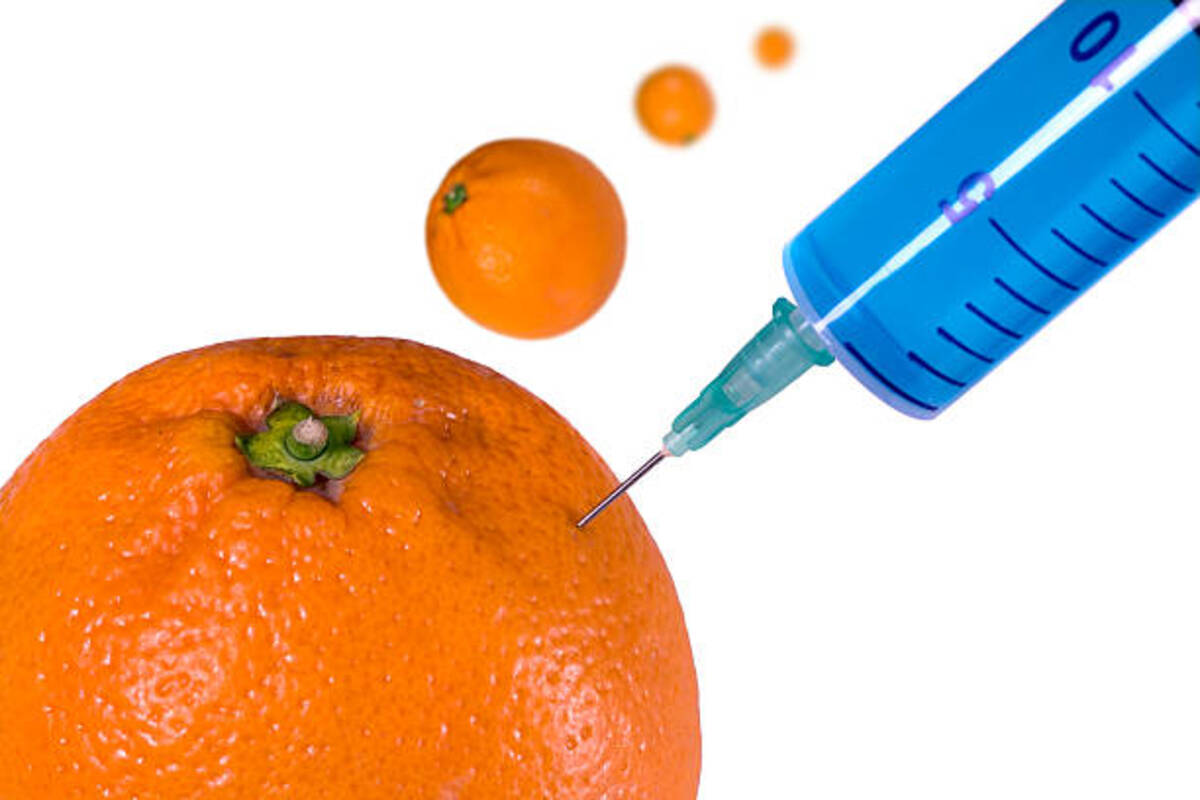Overview
A Parliamentary Panel has suggested a stricter stance on food adulteration and those peddling adulterated or harmful food and beverages.
Citing the substantial health risks associated with consuming adulterated products, the Parliamentary Standing Committee on Home Affairs, led by BJP MP Brijlal, considers the current penalties insufficient. The committee suggests a minimum prison term of six months and a mandatory fine of ₹25,000 for individuals found guilty under this provision.

Presently, the Indian Penal Code (IPC) Section 272, unaltered in the Bharatiya Nyaya Sanhita (BNS), defines a punishment of up to six months in jail, a fine of up to Rs 1,000, or both for the offence of food adulteration.
In its report on the Bharatiya Nyaya Sanhita, the Parliamentary Standing Committee for Home Affairs highlighted the necessity for more severe penalties due to the “serious health issues” that can result from consuming adulterated food. The committee’s
recommendation aims to discourage adulteration
practices and safeguard public health.

The committee underscored that numerous cases under the Prevention of Food Adulteration Act 1954 end in acquittals, primarily attributable to procedural lapses in sample collection, among other factors.
The committee also praised the inclusion of “community service” as a positive move under the Bharatiya Nyaya Sanhita (BNS). They remarked that it is a commendable effort and a reformative approach to address delinquency. However, the committee noted that the details regarding the duration and nature of community service have not been specified.
What is Food Adulteration?
Food Adulteration refers to adulterating or contaminating food materials by introducing specific substances, collectively known as adulterants.

Adulterants are substances or inferior quality products added to food items for economic and technical advantages. Including adulterants diminishes food’s nutritional value and contaminates it, causing it to be unfit for consumption.
These adulterants can be present in all types of food products we consume daily, from dairy products, cereals, pulses, grains, meat, vegetables, fruits, oils, beverages, and more.
Why is Food Adulteration done in India?
Food adulteration is carried out for various reasons, and it is a prevalent practice, especially in developing countries. The main reasons include
- Cost-Cutting Strategy: Some businesses adulterate food to reduce production costs and increase profits.
- Imitation for Deception: Adulterants are added to imitate more expensive or desirable food items, deceiving consumers.

- Lack of Knowledge: Adulteration can result from a lack of awareness about the harmful effects of adulterants and improper food consumption.
- Meeting Demand for Profit: To meet the high demand and maximise profits, food adulteration may be practised by diluting or adding cheaper substances.
Adulteration in India
Approximately 32% of the packaged food items in our consumption basket are genetically modified. As per a survey by FSSAI addressing milk adulteration concerns, almost 70% of the milk samples examined were adulterated, with water emerging as the predominant adulterant.
The survey also revealed an unexpected and alarming discovery: detergent was identified as one of the adulterants, signifying a health risk and pointing to deficiencies in hygiene and sanitation during milk handling. Consuming detergent-adulterated milk is a hazardous practice.

In India, spices, oil, and various food items are most commonly adulterated. Examples include:
- Artificial colours in red chilli powder.
- Blackberries in black pepper.
- The mixing of cheap oil with coconut oil.
- Lead chromate adulteration in turmeric.
- Cassia bark in cinnamon.
Conclusion
In conclusion, addressing the severe health risks of food adulteration, the Parliamentary Panel’s call for stricter penalties is a crucial step. Food adulteration in India, seen in alarming statistics and everyday practices, demands heightened consumer vigilance. A collaborative effort from lawmakers, regulatory bodies, and consumers is essential to combat this. Adhering to safety measures and choosing validated products is crucial for ensuring the integrity and safety of the food supply chain.












Comments 2